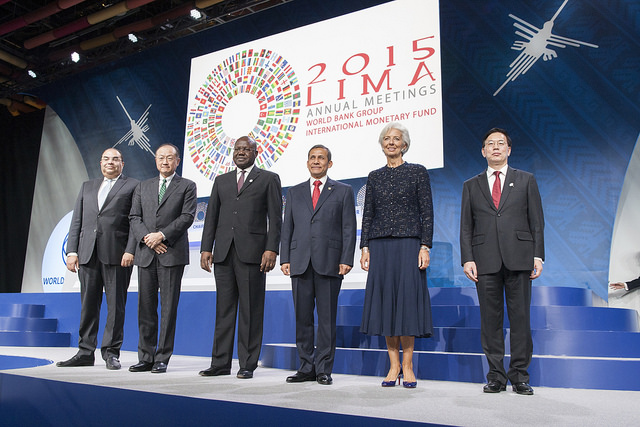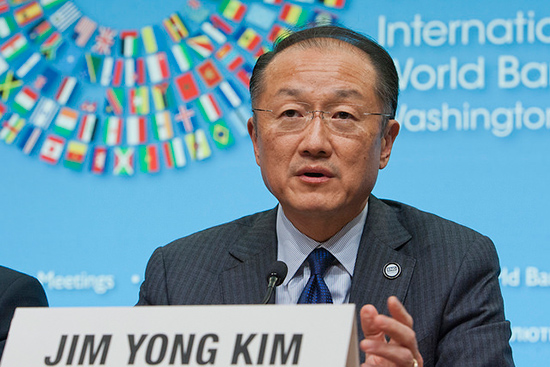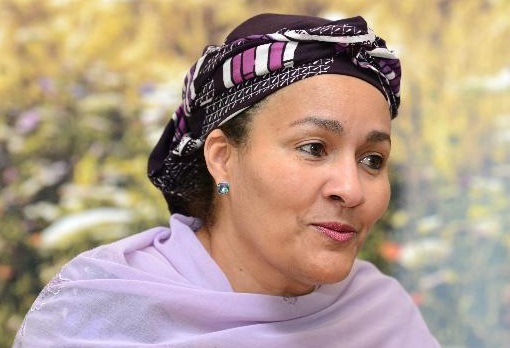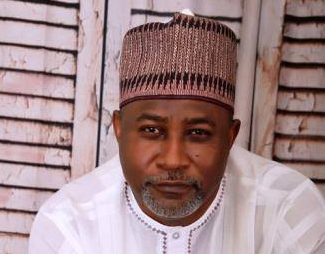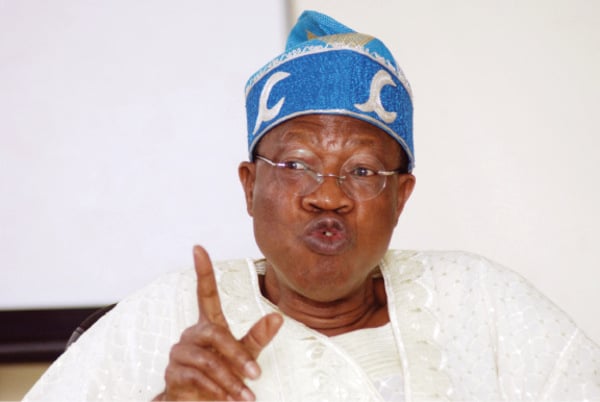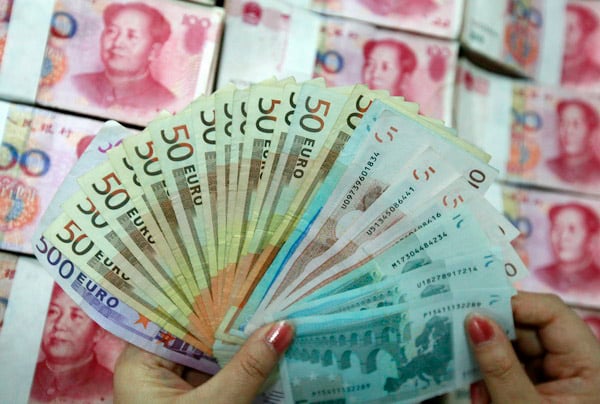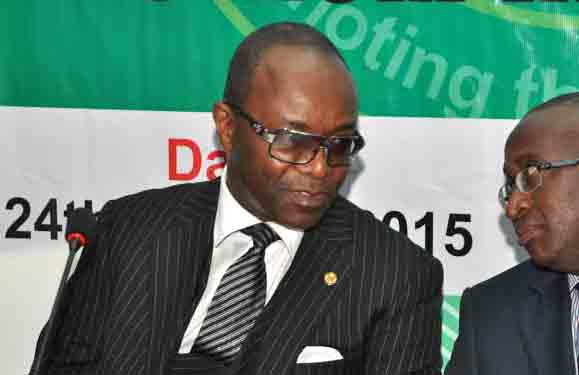The 2015 World Bank Group (WBG) and International Monetary Fund (IMF) meetings in Lima, Peru ended on Sunday, with TheCable keenly following the decisions, proclamations and policies emanating from perhaps the world’s most powerful financial institutions and their implications for the days ahead.
These range from pronouncements on poverty decline, the threat of climate change to global economy, and migrant crisis bedeviling Africa and the Middles East, among others.
Here are takeaways from the global business meeting:
SUBSIDIES MUST END
The world’s direction is clearer for a cleaner environment. The World Bank has revealed its stance on global warming, climate change and fossil fuel usage. The global economic body has called on the world leaders to put an end to fuel subsidies.
Advertisement
“The World Bank Group stands ready to scale up its support to meet increasing demand from countries,” Jim Yong Kim, the World Bank president had said.
“The world must act now to put a price on carbon, end fossil fuel subsidies, increase access to renewable energy and improve efficiency, build cleaner and more liveable cities, and invest in climate-smart agriculture.”
Advertisement
CHINA’S SLOWDOWN IS HEALTHY
Following the economic crunch experienced by the Chinese economy in August, the country acted swiftly by devaluing Yuan, its local currency, in another attempt to reinvigorate the declining economic momentum.
The decision made by the Chinese has affected many markets around the globe, especially in Africa, where many economies depend on the peoples’ republic. The Nigerian stock even hit a six-month low, following the troubles in the Chinese economy.
However, Christine Lagarde, managing director of the International Monetary Fund (IMF), defended China’s economic decline, referring to it as a moderate and healthy slowdown.
Advertisement
“It is a slowdown, but it is a moderate slowdown, and one that is actually expected [and] healthy because that country [is at] stage of development where it is cannot continue to grow at such a high rate as we have seen a few years ago,” she told CNN’s Richard Quest.
WORLD BANK PRESIDENT, KIM, WAS ONCE A REFUGEE
Jim Yong Kim, president of the World Bank, revealed on Wednesday, that he was once a refugee, making it easy for him to identify with the ongoing migrant crisis around the world.
“You know me, I was an economic refugee myself in 1964, and I understand very well both from the perspective of someone coming into a country when they don’t speak the language, and they don’t understand the cultural norms,” the Korea-born American said.
AFRICA RISING AT A SLOW PACE
For Africa, the outcome of the meeting spelt progress at a slow pace. The continent’s Gross Domestic Product (GDP), which had been on a progress rise for the past six years, came to a slow in 2015.
Advertisement
According to Africa’s pulse, a World Bank report about the continent, the 2015 forecast remains below the robust 6.5% growth in GDP, which the region sustained in 2003-2008, and drags below the 4.5% growth in 2009-2014 despite global financial crisis at the time.
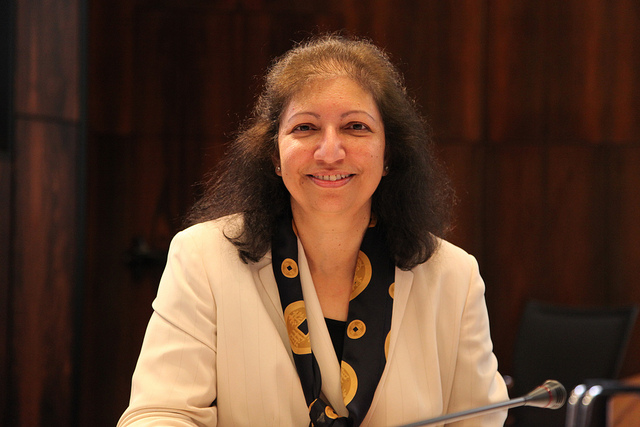
On the bright side, however, poverty in Africa declined from 56% in 1990 to 43% in 2012, and a projected 35% by the end of 2015.
Advertisement
The meeting once again reinforced beliefs that Africa is rising – albeit at a slow pace.
A REFUGEE IS A REFUGEE FOR 17 YEARS
Over 15 million people in the Middle East and North Africa have been forced out of their homes over the past four years due to conflict and instability, taking an enormous humanitarian and economic toll on the region.
Advertisement
Would these challenges facing Africa and the Middle East abate anytime soon? The answer from the World Bank is a ‘no’. The president believes that the lifespan of a refugee as a refugee is 17 years, and the world must take advantage of the trend.
“The average lifespan of a refugee as a refugee of 17 years, so we can’t think of this as a short-term humanitarian response, we have to think of different ways of providing better job opportunities and better education,” he said, lamenting that this mass migration has come to stay.
Advertisement
CLIMATE CHANGE ALSO AN ISSUE FOR WBG/IMF
In today’s world, climate change is definitely an issue, but for WBG/IMF, the global threat has become a bigger issue as the bank plans to increase climate financing to an ambitious $16bn by 2020.
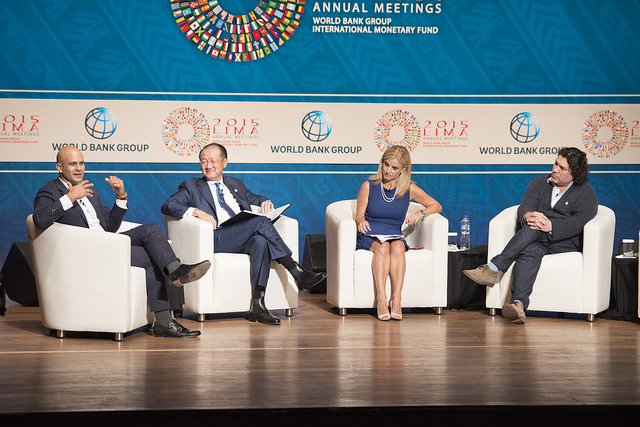
Currently, 21 percent of the bank group’s funding is climate related. Yong Kim said that could rise to 28 percent in 2020 in response to client demand, representing a one-third increase in climate financing.
The World Bank Group now provides an average of $10.3 billion a year in direct financing for climate action. If current financing levels were maintained, this would mean an increase to $16 billion in 2020.
In addition, the Bank Group plans to continue current levels of leveraging co-financing for climate-related projects, at current financing levels, that could mean up to another $13 billion a year in 2020. The direct financing and leveraged co-financing together represent an estimated $29 billion.
THIS GENERATION MAY TERMINATE EXTREME POVERTY
Now to the best story out of Peru. The WBG/IMF repeatedly referred to this giant leap of reducing poverty in the world to 9.6 percent by the end of 2015 as the best news at the moment.
Despite a new line poverty line of US $1.90 (N380) a day, as against the previous line of $1.25 (N250) a day, poverty decline would still hit a record low.
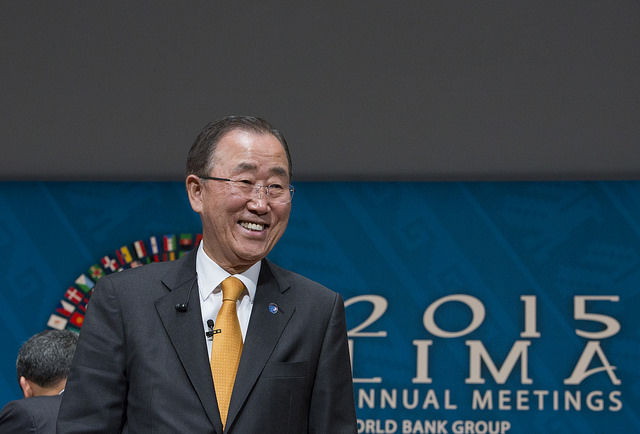
“Using this new line (as well as new country-level data on living standards), the World Bank projects that global poverty will have fallen from 902 million people or 12.8 per cent of the global population in 2012 to 702 million people or 9.6 per cent of the global population, this year.”
The stories may be negative, with the United Nations secretary-general Ban Ki-moon saying: “The world today is witness to higher levels of conflict than a decade ago, and the highest level of forced displacement since the Second World War.”
However, WBG/IMF believes that with proactive focused policies, this generation can end extreme poverty by 2030.
Like Ahmad Mohamed Ali Al-Madani, president of the Islamic Development Bank Group, said, “History has taught us that it is never too early to plan for post-conflict recovery and reconstruction.”
The annual meetings bring together central bankers, ministers of finance and development, private sector executives, and academics to discuss issues of global concern.
Add a comment

